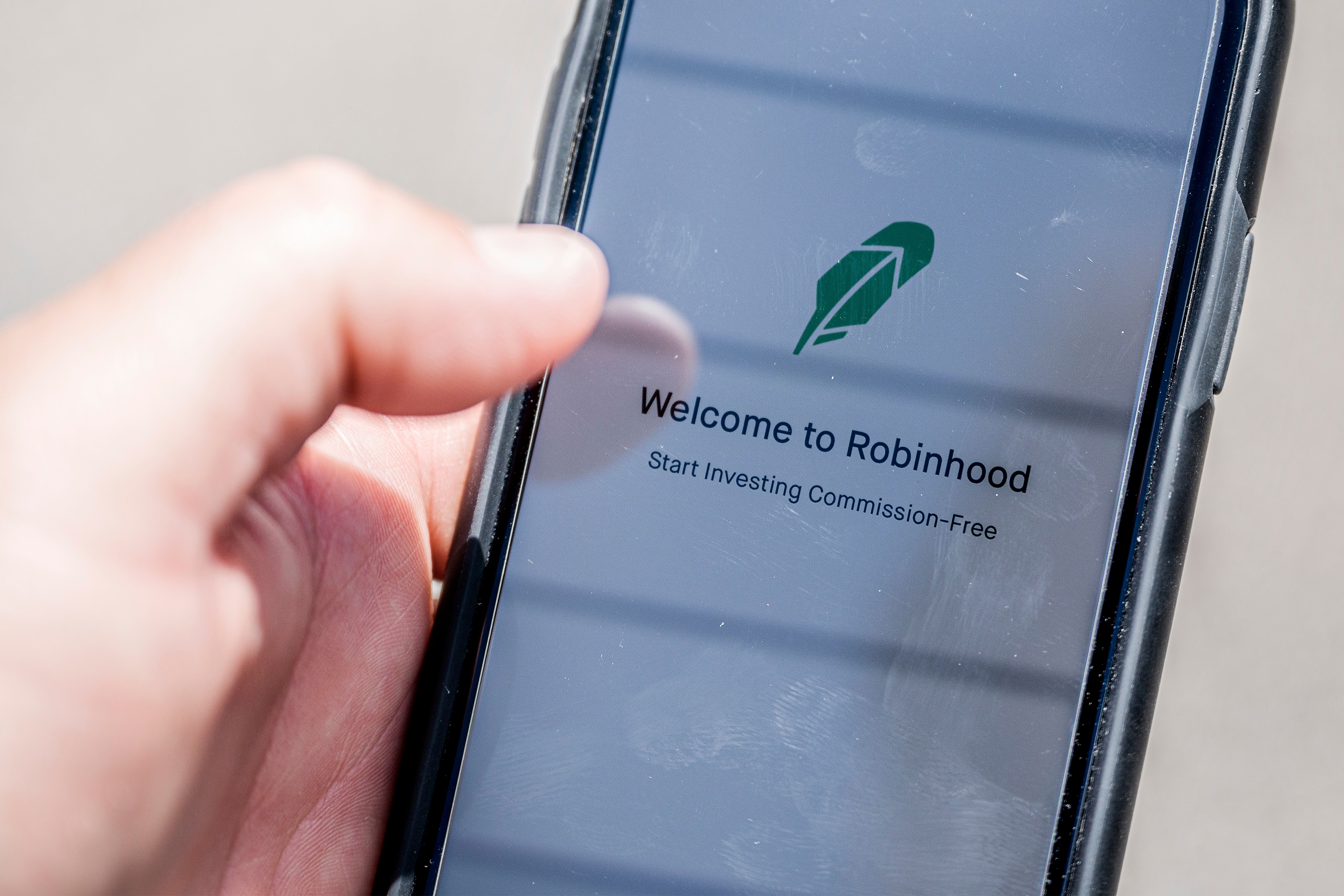How Robinhood makes its money
And more of the week's best financial insight

A free daily email with the biggest news stories of the day – and the best features from TheWeek.com
You are now subscribed
Your newsletter sign-up was successful
Here are three of the week's top pieces of financial insight, gathered from around the web:
New rules leave banks flying blind
The federal stimulus package created a "credit blind spot" for banks, said AnnaMaria Andriotis at The Wall Street Journal. A provision in the government's March aid bill stipulated that "lenders that allow borrowers to defer their debt payments can't report these payments as late to credit-reporting companies." This has left banks asking "whether the credit scores and reports they have relied on for decades are reflecting applicants' true risk." More than 100 million Americans deferred their debt payments between March and June. Banks have started asking some credit-reporting companies to "remove borrowers in deferment programs from solicitation lists for credit cards and other loans." Lenders are looking at new streams of data, such as phone and utility records and cash flows in checking accounts.
The Week
Escape your echo chamber. Get the facts behind the news, plus analysis from multiple perspectives.

Sign up for The Week's Free Newsletters
From our morning news briefing to a weekly Good News Newsletter, get the best of The Week delivered directly to your inbox.
From our morning news briefing to a weekly Good News Newsletter, get the best of The Week delivered directly to your inbox.
How Robinhood makes its money
Robinhood pioneered commission-free trading, but it still makes money off your trades, said Jeff John Roberts and David Morris at Fortune. How? The answer is PFOF, or "payment for order flow." The online brokerage app collects fees from "electronic market makers for passing on customer orders." When you buy a share of a stock on your phone, "Robinhood sends that order to a trading giant like Citadel Securities and receives a few pennies in return" while Citadel completes the transaction and earns a small commission itself. "For Robinhood, those pennies add up": Citadel and other firms paid the platform nearly $100 million in the first quarter of 2020, leading to questions about whether Robinhood is getting customers the most favorable prices.
No change to spare
A nationwide coin shortage is making retailers count their pennies, said Susan Selasky at the Detroit Free Press. Last month, the Federal Reserve revealed it's been running low on change because the pandemic has slowed production at the U.S. Mint. With businesses reopening, one bank said "its supply from the Fed has been cut by 90 percent." Retailers have started "rounding sales up or down" to conserve coins; the Kroger supermarket chain said it will stop giving coins as change, instead putting small balances on customer reward cards. The owner of a market with a coin kiosk has been bagging coins from the machine and recycling them for use in his store. For the first time, however, "an armored-car service offered to buy his coins" for $8,000.
A free daily email with the biggest news stories of the day – and the best features from TheWeek.com
This article was first published in the latest issue of The Week magazine. If you want to read more like it, you can try six risk-free issues of the magazine here.
-
 The environmental cost of GLP-1s
The environmental cost of GLP-1sThe explainer Producing the drugs is a dirty process
-
 Nuuk becomes ground zero for Greenland’s diplomatic straits
Nuuk becomes ground zero for Greenland’s diplomatic straitsIN THE SPOTLIGHT A flurry of new consular activity in the remote Danish protectorate shows how important Greenland has become to Europeans’ anxiety about American imperialism
-
 ‘This is something that happens all too often’
‘This is something that happens all too often’Instant Opinion Opinion, comment and editorials of the day